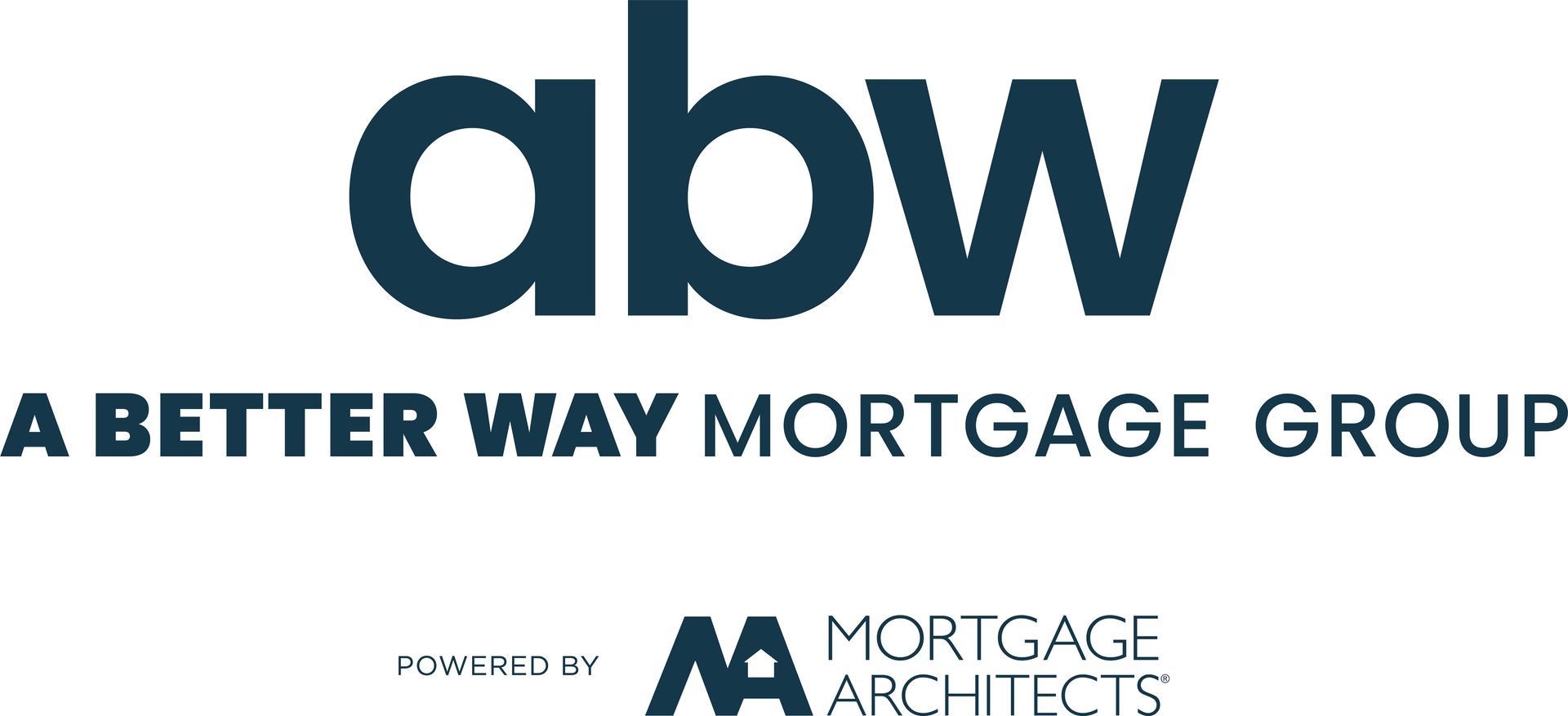Smart Steps to Get Your Home Market-Ready
Thinking About Selling Your Home? Start With These 3 Key Questions
Selling your home is a major move—emotionally, financially, and logistically. Whether you're upsizing, downsizing, relocating, or just ready for a change, there are a few essential questions you should have answers to before you list that "For Sale" sign.
1. How Will I Get My Home Sale-Ready?
Before your property hits the market, you’ll want to make sure it puts its best foot forward. That starts with understanding its current market value—and ends with a plan to maximize its appeal.
A real estate professional can walk you through what similar homes in your area have sold for and help tailor a prep plan that aligns with current market conditions.
Here are some things you might want to consider:
- Decluttering and removing personal items
- Minor touch-ups or repairs
- Fresh paint inside (and maybe outside too)
- Updated lighting or fixtures
- Professional staging
- Landscaping or exterior cleanup
- High-quality photos and possibly a virtual tour
These aren’t must-dos, but smart investments here can often translate to a higher sale price and faster sale.
2. What Will It Actually Cost to Sell?
It’s easy to look at the selling price and subtract your mortgage balance—but the real math is more nuanced.
- Here's a breakdown of the typical costs involved in selling a home:
- Real estate agent commissions (plus GST/HST)
- Legal fees
- Mortgage discharge fees (and possibly a penalty)
- Utility and property tax adjustments
- Moving expenses and/or storage costs
That mortgage penalty can be especially tricky—it can sometimes be thousands of dollars, depending on your lender and how much time is left in your term. Not sure what it might cost you? I can help you estimate it.
3. What’s My Plan After the Sale?
Knowing your next step is just as important as selling your current home.
If you're buying again, don’t assume you’ll automatically qualify for a new mortgage just because you’ve had one before. Lending rules change, and so might your financial situation. Before you sell, talk to a mortgage professional to find out what you’re pre-approved for and what options are available.
If you're planning to rent or relocate temporarily, think about timelines, storage, and transition costs.
Clarity and preparation go a long way. The best way to reduce stress and make confident decisions is to work with professionals you trust—and ask all the questions you need.
If you’re thinking about selling and want help mapping out your next steps, I’d be happy to chat anytime. Let’s make a smart plan, together.




